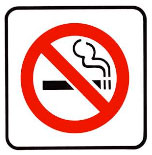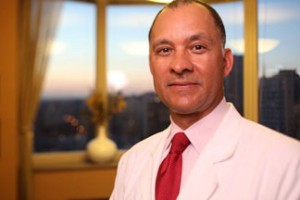The Risk of Smoking for Cosmetic Plastic Surgery Patients
Planning for cosmetic surgery can be an exciting time. Cosmetic surgery is considered elective surgery, such as a facelift, breast augmentation, male breast reduction, or any area of the head, neck or body that is done to improve the patient’s appearance. Elective surgery is scheduled at the convenience of the surgeon, the patient, and the surgical facility.
All surgeries come with the risk of bleeding, infection and possible adverse reactions to anesthesia. Risks for cosmetic surgery are greatly reduced when performed in an accredited facility by a Board Certified Plastic Surgeon and assisted by a Board Certified Anesthesiologist, registered nurses and trained surgical assistants. All of who take great measures to eliminate the possibility of infection.
The patient plays a major role in reducing surgical risks factors by following their surgeon’s instructions to avoid certain supplements, medications, vitamins and herbs that may cause bleeding issues. In addition to blood thinners, patients will be warned about the detrimental effect that smoking can have during surgery and the recovery period. Blood thinners and smoking must be stopped at a minimum of two weeks prior and two weeks after surgery.
 Cigarettes contain multiple toxins that constrict the blood vessels, which impair the ability of blood to transport oxygen, medications, and antibiotics that are required for wound healing. Smoking increases inflammation, and inflammation increases the chances of complications.
Cigarettes contain multiple toxins that constrict the blood vessels, which impair the ability of blood to transport oxygen, medications, and antibiotics that are required for wound healing. Smoking increases inflammation, and inflammation increases the chances of complications.
The risk of smoking for surgery patients are well known and have prompted many studies to document comparisons between the smoker and the non-smoker. One such study was conducted by the American Society of Anesthesiologists. The study showed a high percentage of smokers were more likely to have; a heart attack, cardiac arrest, and/or develop pneumonia. Other studies showed that smokers require more anesthesia and pain medication.
The addictive nature of nicotine is well known. For some patients, it may be tempting to have a cigarette or two during the abstinence period. That is all it takes to jeopardize the surgical outcome. For a smoker contemplating elective surgery, it is recommended that they talk to their surgeon who may be able to help them get smoking under control before surgery, perhaps with a prescription such as Chantix. Rewarding oneself with cosmetic surgery may be a good enough incentive to stop smoking.
Share Tweet
